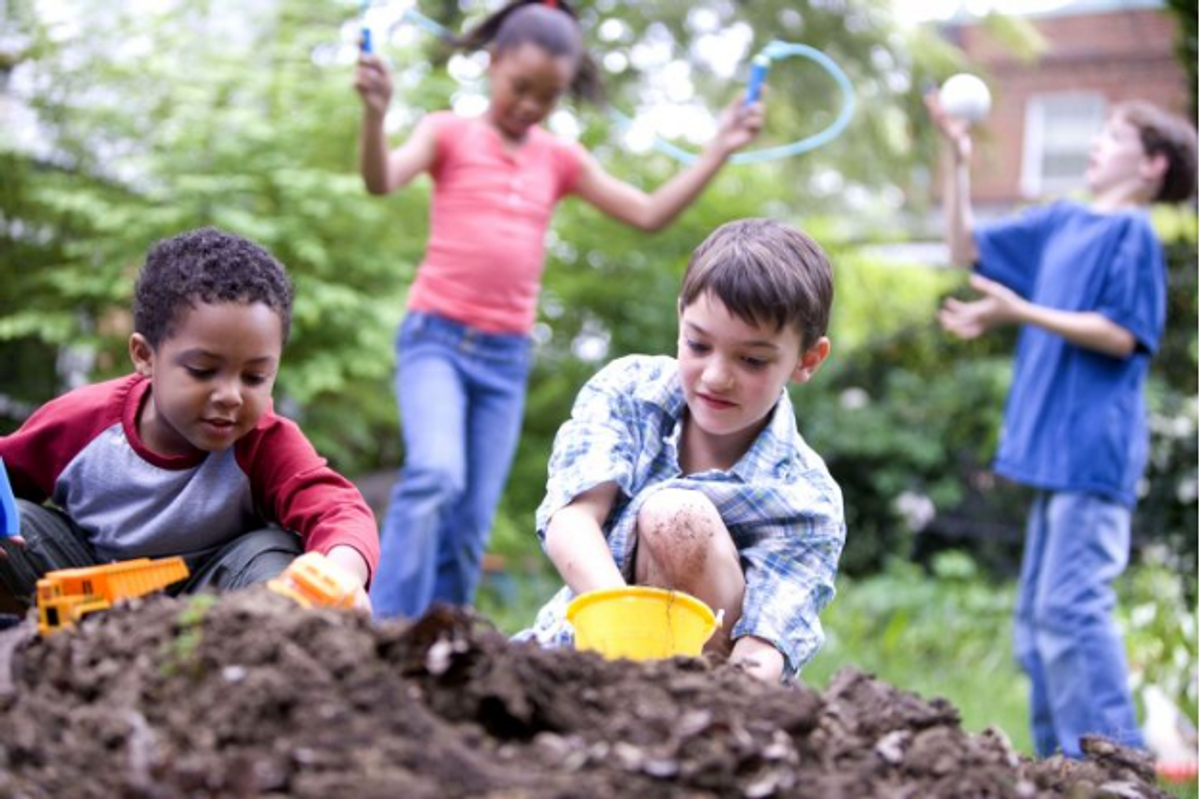Assistant Principal's Report Katrina Spicer - Welfare and Wellbeing

22nd March, 2019
Homework
I came across the following article in The Age recently. For many years there has been ongoing debate about the role of homework in Primary School. This article unpacks some of the arguments for retaining homework as part of a Primary School child's routine.
The Benefits of Homework may not be Immediately Apparent
By Andrew Martin
With the start of a new school term, life for most families becomes more stressful. Adding the demands of school to an already crazy-busy life can feel like the last straw.
Homework is one of the most significant demands placed on families by school. Homework time is when tensions and arguments are most likely to flare up, and tears to fall. So why bother with homework?
Research has shown that while there is a clear link between homework and achievement in high school, this link is not so clear in primary school. Accordingly, it has been suggested there is no point in homework during primary school, as it has no obvious academic yield.
But this suggestion ignores one of the reasons why homework does little to improve achievement in primary school: younger children are not particularly good at doing homework. To get better, they need practice. It takes time to develop the vital knowledge, skills, and self-direction required to do homework effectively (indeed, we wouldn’t abandon soccer practice in the younger years just because children weren’t scoring goals!).
Leaving homework until high school risks making these capacities harder to attain. Another reason proposed for dropping homework is that it consumes valuable family and leisure time. This is especially upsetting in cases where teachers assign poor-quality homework.
For example, when there is too much of it, it is overly complex or unclear, or it is not obviously targeting important skills or knowledge to develop. However, when teachers assign homework that is time bound, clear, concrete, and relevant, children and families engage with it more constructively. Doing it does not feel like such a time drain.
Homework can be particularly time consuming for struggling students. Indeed, the homework wars are often especially fierce for the strugglers and their families. But it is in these cases that high-quality homework is most important. Alas, some kids do need to spend more time than others to develop the skill and knowledge to hang in there at school.
Whereas some children seem to retain knowledge and skill without a great deal of practice, there are many other “use it or lose it” children who need to keep applying themselves academically to retain what they learn. Reading is a good example: some children really need to keep plugging away at reading or their competence will fade quickly. This requires both support at school and effort at home, including in the form of well-targeted homework.
Finally, in the past decade another reason has emerged to think twice before abandoning homework. In days gone by, when children were not assigned homework (or ignored it), they would play inside or outside, watch television, engage in sports and the like. Today, increasingly, on evenings when children are not doing homework they are deeply and extensively immersed in their mobile technology, such as gaming or social networking. Dependence (and in some cases, addiction) is a risk. This means that when high school arrives and homework becomes essential, not only does the child need to learn good homework habits and skills, they must also wind back a pattern of dependence on mobile technology that is phenomenally difficult to break.
Homework is a burden on families. Homework is not always easy. Homework comes at the cost of other important activities. At the same time, there are good reasons why we should bother with it.
Andrew Martin is Scientia professor and professor of educational psychology in the School of Education at the University of NSW.
The Importance of Play
Over the next few editions of the Newsletter, I will be attaching a series of posters which discuss the importance of play in our children's lives.
Parenting Ideas Article
Balancing Extra-Curricular Activities for Flourishing Kids
By Dr Jodie Richardson
Busyness seems to have become a way of life for modern families. It’s unlikely you’ll ever hear a parent talk of having plenty of free time on their hands. Unfortunately, that’s a statement unlikely to be heard from a lot of modern-day kids either.
The afternoons on family calendars are increasingly filling up with organised after-school activities, and in families with multiple children the logistics of keeping up with all this can be complicated. The strain of ferrying children back and forth, often in different directions, saps families of energy, resources and time.
We have great intentions
Recent research from the United Kingdom found that the desire for children to succeed is a strong driver for many parents, sometimes causing them to load their children up with extra-curricular activities. While the intentions are good, the method of keeping kids busy is probably questionable.
Other reasons for encouraging extra-curricular activities include: giving kids the best start in life, making friends, keeping fit and healthy, developing interests and preventing boredom. Anecdotal evidence suggests the findings are similar in Australia.
The cost of busyness
We live at a time where rates of mental illness, particularly anxiety, are climbing. One in seven Australian children have a diagnosed mental illness. That’s three in an average classroom. Many more go undiagnosed.
Rushing to activities, late nights and stressed parents aren’t the conditions for family members to enjoy flourishing mental health. Too many organised activities detract from time to hang out with friends, to comfortably complete homework tasks, to spend time with family, to get bored and, importantly, to simply play.
Free play is serious business
Author and research professor of psychology Dr Peter Gray attributes the rise in anxiety, depression, suicide and narcissism among children to the decline of play. Unstructured play is vital for the healthy development of children and teenagers. Through play kids learn to interact with others, develop physical skills necessary for school success and gain confidence they need to interact with peers.
How much is too much?
Some children can cope with busy schedules, while others flounder. As a rule of thumb, if your child or young person is struggling in any of these three areas: i) mental health, ii) schoolwork and studies, iii) their participation in family-life then it may be time to reduce their extra-curricular load.
Choosing the activities to omit from a schedule can be tricky, as your child or young person may have a different motivation for each. In short, each activity can be ‘the one they love.’ Here’s a good question to ask your child or young person that can make decision-making easier:
‘If all of your after-school activities were cancelled, which one(s) would you plead with me to re-enrol you in?’
Their answers will reveal a great deal about their commitment to each activity. Ideally, kids should be choosing extra-curricular activities that nourish them rather than cause anxiety and stress. Aim for two activity-free nights each week so that your child or young person can meet their study and family commitments.
The same principle for balance holds true for weekends. Make sure your kids enjoy some time free from structured activity, so they cna refresh and recharge, ready for the week of school that lays ahead.
Katrina Spicer
Assistant Principal - Welfare and Well-being



